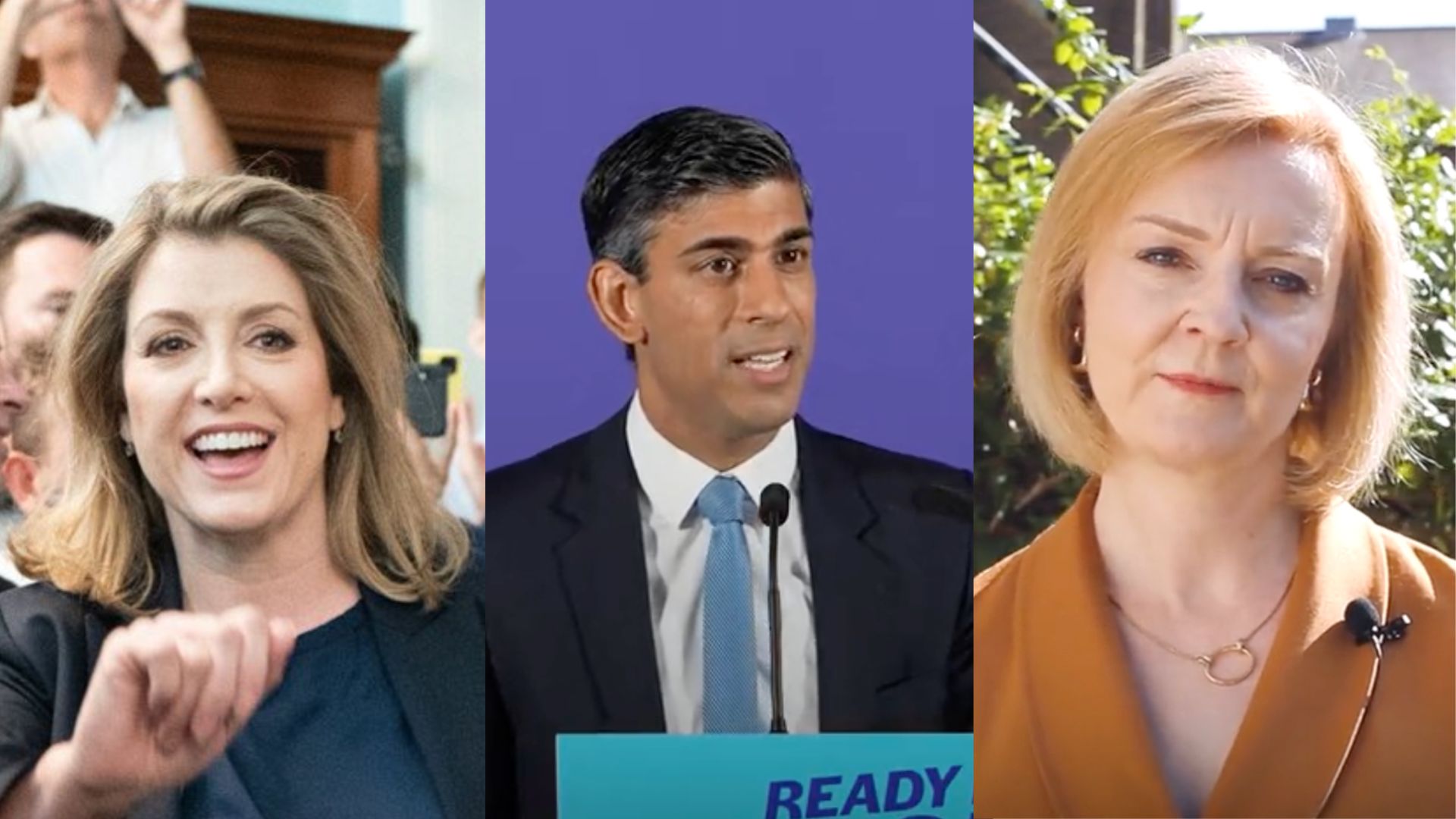“Tax cuts are an incredibly inefficient way of getting money to those who need it most,” said Henry Parkes, IPPR senior economist.
The evidence is clear, IPPR researchers claim – half the benefit of a 1p income tax cut would go to UK’s richest households, whilst scarcely helping the poorest at all.
“To support those on low incomes through the cost of living crisis, it would be much more effective to provide a higher level of targeted support towards those on the lowest incomes,” Parkes added.
In cash terms, a one-percent tax decrease would see someone earning £20,000 get an extra £74 a year. Someone earning £50,000 would gain £374 – more than five times as much.
Of the five Conservative candidates vying for leadership, four have expressly committed to slashing tax.
Liz Truss has promised to “start cutting taxes from day one,” a promise echoed by Tom Tugendhat and Kemi Badenoch.
Penny Mordaunt has pledged to cut VAT on fuel, but has said that “wider” economic reform is needed.
Former Chancellor Rishi Sunak has ruled out tax cuts in the short term but he too has promised to introduce them once inflation is down.
“[Rishi] says it’s not a question of if we have tax cuts, it’s a question of when,” supporter Grant Shapps told radio station LBC.
Yet the IPPR urges politicians to use public funds to help those who need a leg-up, not the already-wealthy.
“There would surely be much better ways to use the £5bn such a tax cut would cost – such as investing in health and social care, retrofitting homes for energy efficiency or strengthening the social safety net for the poorest in our society,” said George Dibb, head of IPPR’s Centre for Economic Justice.
“Even if fully funded, such money could be better prioritised than for a tax cut that would primarily benefit high earners.”









